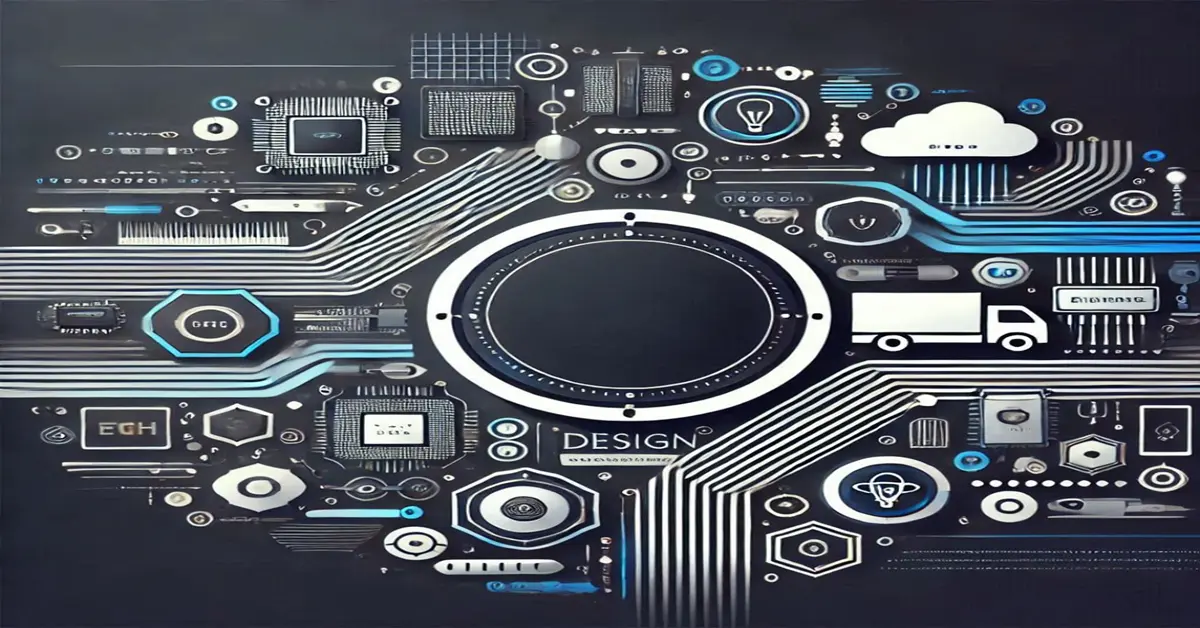Genesis: A Breakthrough in AI Physics Simulation

On Thursday, researchers unveiled Genesis, a groundbreaking generative artificial intelligence (AI) physics model capable of simulating four-dimensional (4D) worlds. This innovative AI model stands out due to its unique ability to integrate various capabilities, making it suitable for general-purpose robotics and physical AI applications. The team behind Genesis claims that it operates at remarkable speeds, achieving simulation rates up to 80 times faster than conventional GPU-accelerated systems. Furthermore, this open-source AI system is accessible through the Python Package Index (PyPI), although users must install PyTorch to utilize it effectively.
Genesis AI Physics Model Can Simulate Dynamic Worlds for Robotics Training
The announcement of Genesis was made by Zhou Xian, the lead researcher, via a post on X (formerly Twitter). Zhou emphasized that the model was developed after two years of extensive collaboration among over 20 research labs. The project integrates multiple physics solvers into a cohesive framework, allowing for the simulation of various physical phenomena.
Genesis is built entirely on Python, featuring a generative agent framework powered by a universal physics engine. Currently, the researchers have open-sourced the underlying physics engine and simulation platform, with plans to release the generative framework in the future. The potential of this AI system is significant, as it is reported to be between 10 and 80 times faster than existing systems like Isaac Gym and MJX, which rely on GPU acceleration for simulations. In specific scenarios, Genesis can achieve simulation speeds that are 430,000 times faster than real-time. Remarkably, it can train a robotic locomotion policy on a single Nvidia RTX4090 GPU in just 26 seconds.
Key Features of the Genesis AI Physics Engine
Genesis boasts several key features that enhance its functionality and usability. The entire system is integrated with Python, making it accessible for developers familiar with this programming language. Both the frontend and backend of the engine were natively developed in Python, ensuring seamless operation. Additionally, the system is available through an application programming interface (API), allowing for easy integration into various applications.
Despite its impressive speed, Genesis maintains a high level of simulation accuracy and fidelity. The unified framework enables the use of multiple physics solvers, which can simulate a wide range of physical phenomena and materials. This versatility is crucial for applications in robotics, where understanding complex interactions in dynamic environments is essential. Furthermore, the physics engine includes ray-tracing rendering capabilities, enhancing the visual quality of simulations and providing a more realistic representation of physical interactions.
Future Implications of Genesis in Robotics and AI
The introduction of Genesis marks a significant advancement in the field of robotics and artificial intelligence. Its ability to simulate complex 4D worlds at unprecedented speeds opens new avenues for research and development. Researchers and developers can leverage this technology to create more sophisticated robotic systems that can learn and adapt to their environments more effectively.
As the generative framework is set to be released in the future, the potential applications of Genesis will likely expand even further. This could lead to breakthroughs in various fields, including autonomous vehicles, industrial automation, and even virtual reality. The integration of advanced physics simulations into robotics training can enhance the capabilities of machines, allowing them to perform tasks with greater precision and efficiency.
Observer Voice is the one stop site for National, International news, Sports, Editor’s Choice, Art/culture contents, Quotes and much more. We also cover historical contents. Historical contents includes World History, Indian History, and what happened today. The website also covers Entertainment across the India and World.

